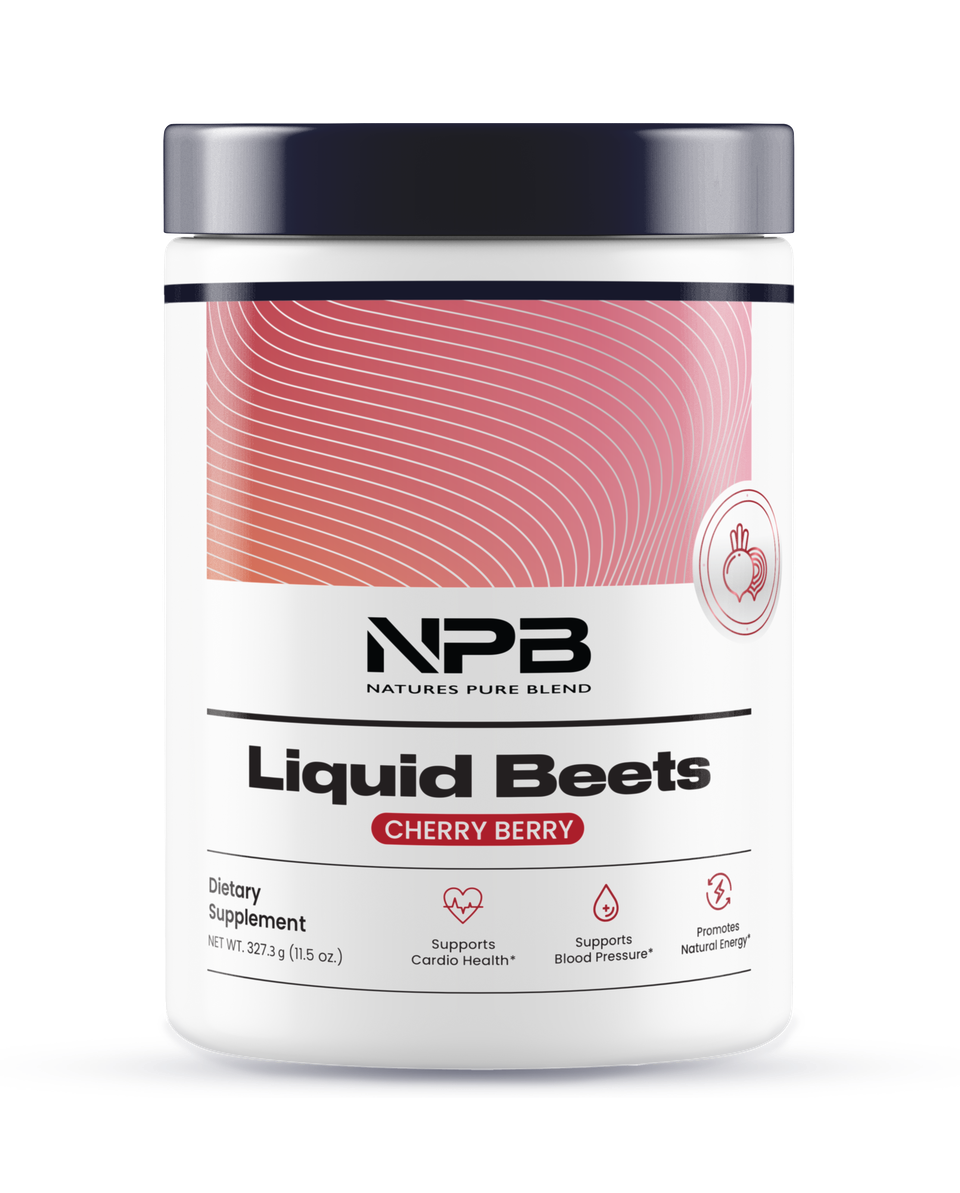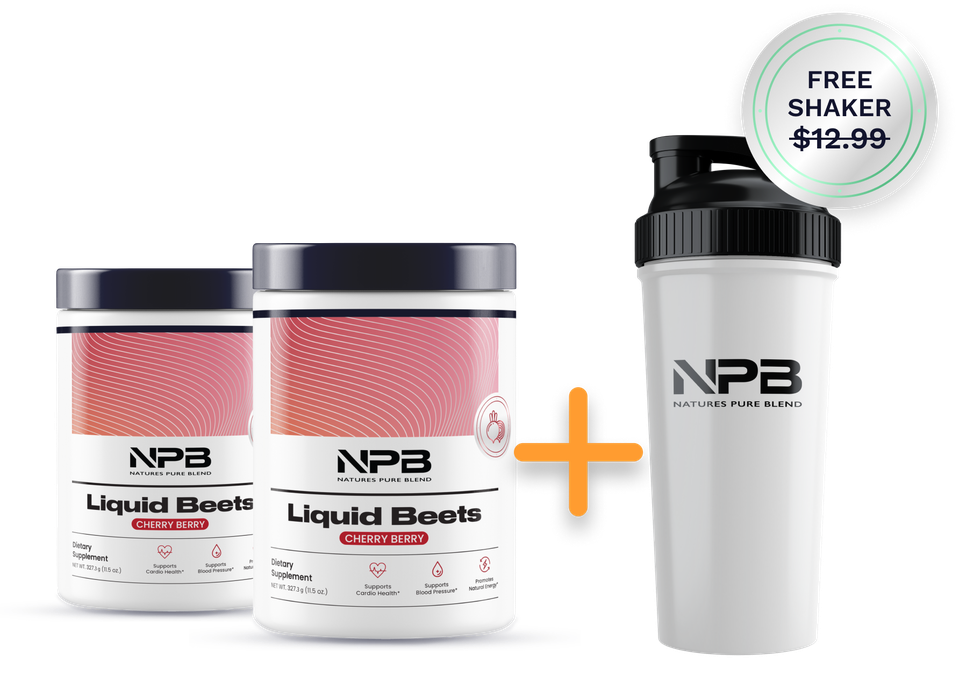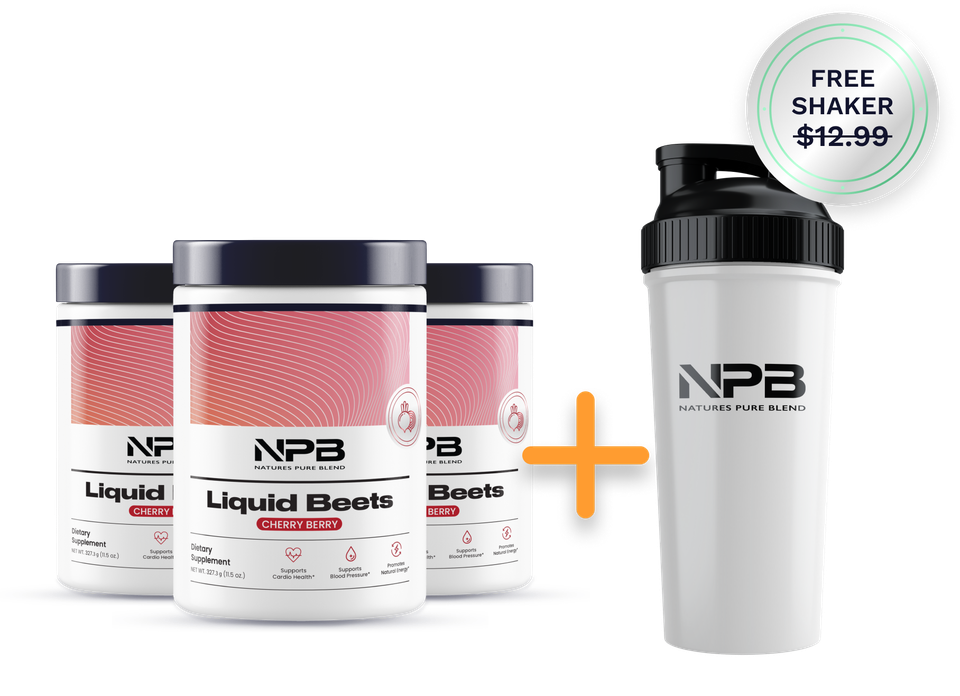Free Shipping On All Orders $99+
4 Signs Of Inflammation & How To Reduce It Naturally
Inflammation is a natural response to injury or infection.1 The immune system sends white blood cells into the affected area to fight off the invader. This causes swelling, pain, heat, redness, and other symptoms. 2
While inflammation is necessary to heal wounds, it also has negative consequences. Chronic inflammation can cause local tissue damage even death. 3
Chronic inflammation can occur when the body becomes inflamed over time, several months to years. 4 In some cases, chronic inflammation can lead to serious health problems such as heart disease, diabetes, cancer, and Alzheimer’s disease. 5
The Following Are The 4 Signs Of Inflammation:
1. Redness – Redness may be caused by an increase in blood flow to the capillaries, which helps clear away toxins and bacteria.6 When too much blood flow to the area, this leads to redness.
2. Heat - When you have an inflammatory condition, your skin may feel hot because the blood's temperature increases. 7 Heat is one way the body fights infections, 8, and it is important to note that fever is not always a sign of illness; rather, it's a normal reaction to infection. 9
3. Pain - Pain is another symptom of inflammation. 10 Pain is usually felt in the muscles, joints, bones, or nerves. When you have an inflammatory disorder, you may experience postoperative pain, trauma, or arthritis. 11
4. Swelling - Swelling can also be a symptom of inflammation.12 When fluid accumulates in tissues, they swell up. If the swelling is severe enough, it can affect outer skin and muscle. 13
In addition to these four common symptoms, many others can indicate inflammation. For example, if you have a stomach ache, then you might assume that you have indigestion. However, if you have a fever along with a stomach ache, then it's likely that you have an infection. 14.
How To Reduce Inflammation
If you're experiencing any of the above symptoms, there are certain things that you can do at home to help reduce inflammation. Here are some tips on how to reduce inflammation:
1) Drink plenty of water – Water flushes toxins from the body. 15 Therefore, drinking plenty of water may help reduce inflammation as it helps flush out these toxins. 16 As simple as this sounds, many people don't drink enough water, so they experience a lot of health problems.
2) Organic Beets - Beets contain Betalains, while Betalains contain pigments with anti-inflammatory properties. 17 This means that eating organic beetroot may help reduce inflammation.
Beets are also rich in potassium, folate, fiber, vitamin C, iron, calcium, magnesium, phosphorus, zinc, folate, and more 18 These nutrients all work together to keep your immune system strong and healthy.
3) Ginger tea - Ginger has anti-inflammatory properties with its active compound gingerol 19. Therefore, taking ginger tea regularly may help reduce inflammation. 20 Ginger tea is easy to make, and you may even use fresh or dried ginger if you have them.
Conclusion
Inflammation is the way our body reacts to injury or infection. It is part of our daily lives. However, it can become problematic when you experience inflammation for longer periods. Fortunately, there are ways to treat and prevent inflammation. By following these steps as listed above, you may reduce inflammation and live a healthier life.
Take Organic Beets Daily To Help Improve Circulation, Blood Pressure & More...
Join Our Community Of Health Lovers & Get Special Deals
Receive study-backed health tips, exclusive email deals, and more.
†Disclaimer: These statements have not been evaluated by the Food and Drug Administration. These products are not intended to diagnose, treat, cure or prevent any disease. Product results may vary from person to person.




